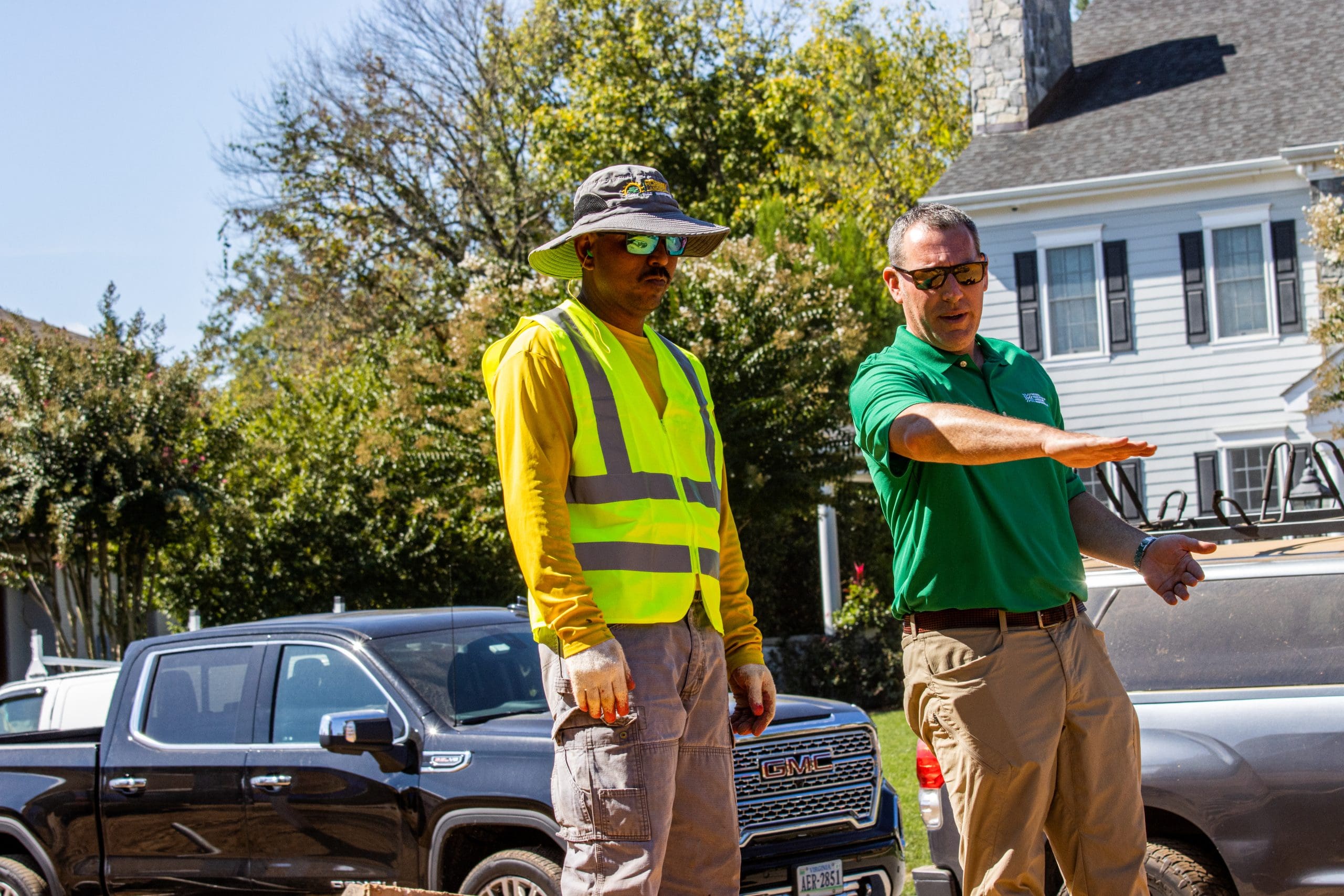
Subcontractors can help build out your lawn or landscape company’s service offerings, meet increased customer demand or boost your snow removal team’s size.
While they can be more expensive than your in-house employees, subcontractors bring expertise in their specialty. In some cases, a service like irrigation or tree care may be out of your preferred niche, but partnering with subcontractors allows you to be more of a one-stop shop for clients without having to bring certain offerings in-house.
Subcontractors can also be a solution if you are struggling to find employees with the experience to take on design/build projects that call for skilled tasks like carpentry or masonry.
Keys to Success
If you decide to incorporate subcontractors into your business, it’s critical to sufficiently vet the companies you’re considering working with. Review their work, call their references, and test their skills. Pay attention to any negative reviews about the subcontractor. Consider how they handled those types of situations. The one who stands behind their work is likely a company you want associated with your business.
Before trusting them on major project, have them work on one of your smaller jobs so you can see how they work alongside your employees. Your subcontractors should also have the appropriate licensing and insurance. Finding subcontractors who are a good cultural fit also increases the likelihood of your success together.
Hiring credible and qualified subcontractors is important because their work reflects back on your business’s reputation. While their good work will benefit you, poor craftsmanship will be credited to you as well.
This is why a contract is essential, as it should clarify your company’s quality standards as well as the scope of work, payment schedule and deadlines. Outline penalties for failing to complete work or meet the agreed-upon timeline. You should also include a provision to terminate the contract if they are not performing an acceptable job.
To ensure they fully understand your standards, go over the contract with them and share your standard operating procedures as well. While ideally, your subcontractor will execute the job correctly, it’s still a good idea to make sure you have someone on your staff monitoring the work for quality control.
Even though subcontractors are not your employees, it can foster good will to treat them like part of your team. Make a point to keep them in the loop to help build trust between your two companies. Not only can this help your partnership, but it can also expand your sphere of potential subcontractors as they refer you to others.
Avoid Subcontractor Pet Peeves
Once you’ve found a dependable, skilled subcontractor, you want to retain them as a go-to option. Two of the main ways to show your respect for your subcontractors are to pay them promptly and be mindful of their schedules.
Often subcontractors complain of not being paid in a timely manner. Rather than making a company wait 30 to 60 days, strive to pay your subcontractors well and on time. Full-service commercial industrial landscape maintenance and snow removal company emi Landscape, based in Macungie, Pennsylvania, makes a point to pay their snow subcontractors faster than they themselves get paid.
Scheduling is the other main struggle for both landscape companies and subcontractors. While subcontractors may partner with you, they have their own customer base that comes first. Letting them know far in advance when there is a job coming up will make them far more likely to accommodate your needs versus telling them the week of that they’re needed on a job.

